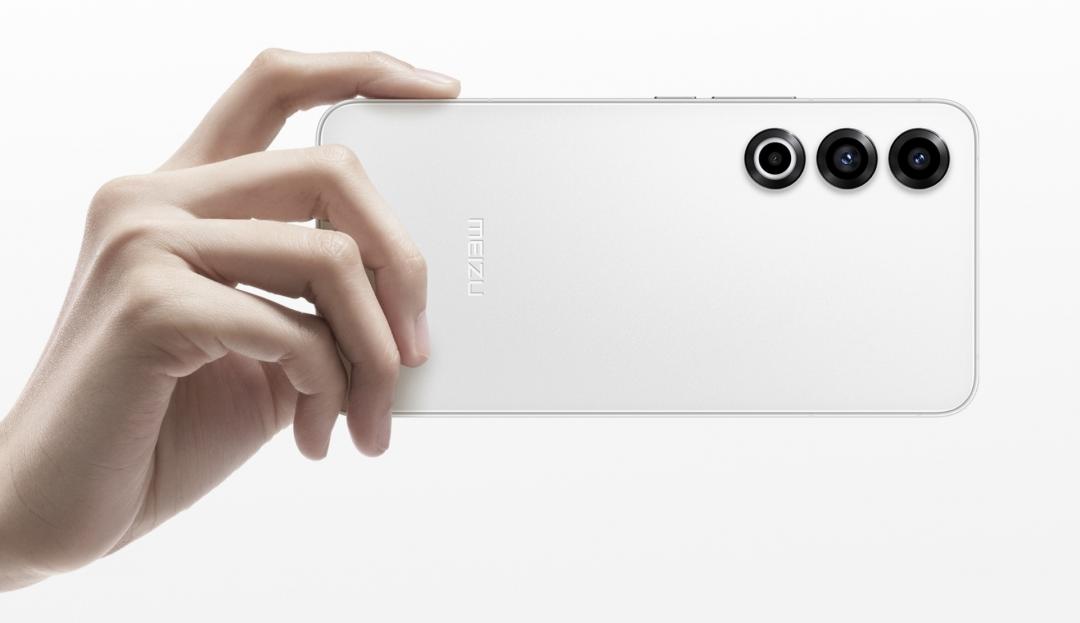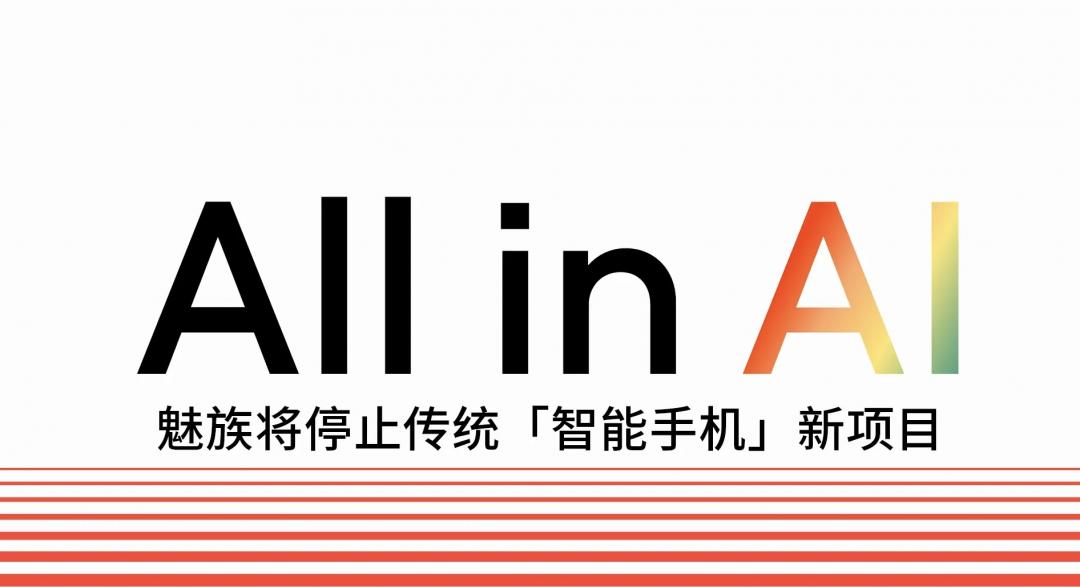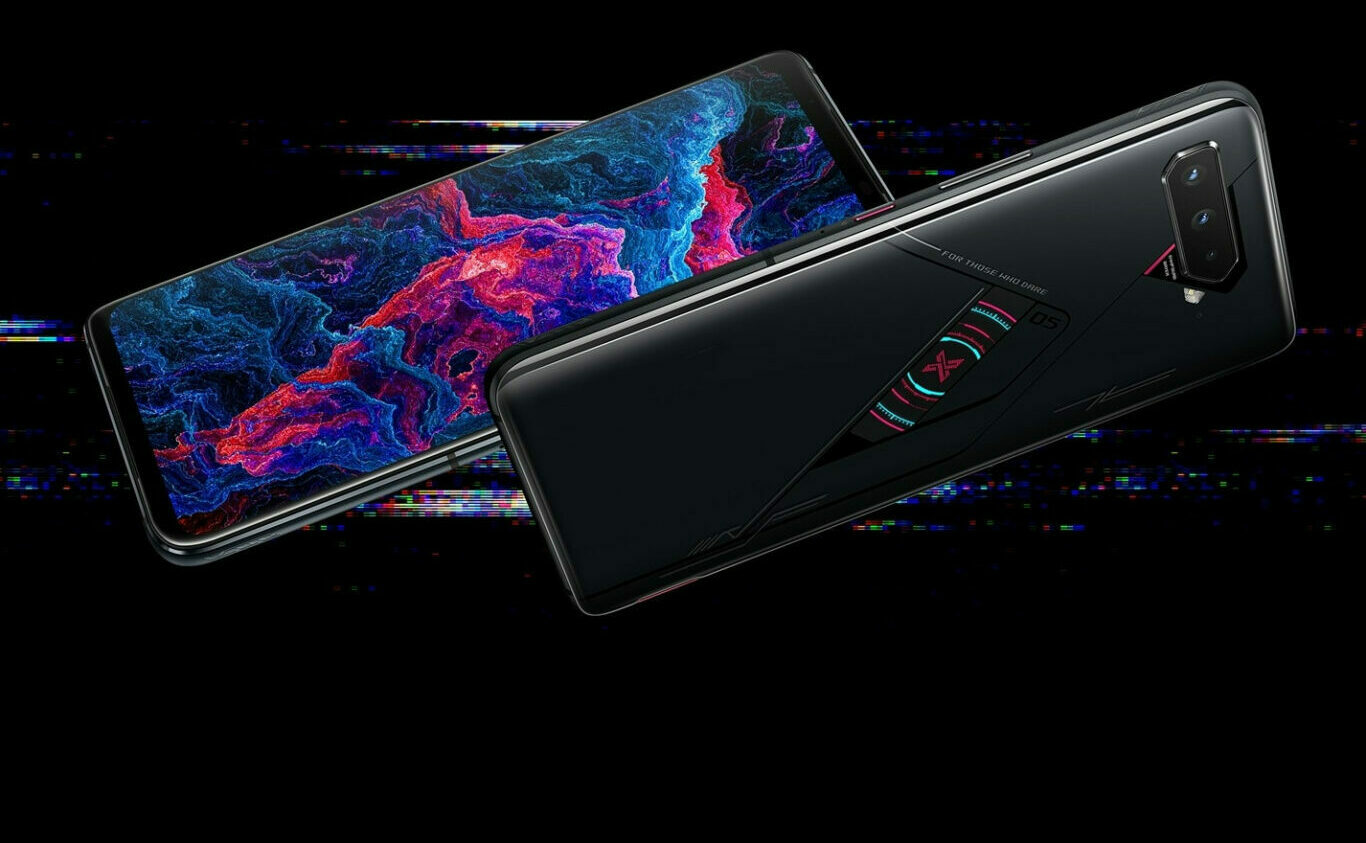拆封收購手機
elerating efforts to integrate generative artificial intelligence (AI) technology into their handsets to boost sales, as the industry expects to recover this year from a lengthy slump.Meizu, which was acquired in 2022 by carmaker Zhejiang Geely Holding Group, on Sunday announced that it will “terminate new projects on traditional smartphones” to pursue an “all in AI” strategy over the next three years, according to a statement posted in the firm’s WeChat account.Headquartered in Zhuhai, a city in southern Guangdong province, Meizu said it will develop devices and a customised mobile operating system that would be open to all large language models (LLMs) – the technology used to train generative AI services – including those from Microsoft-backed OpenAI, creator of ChatGPT.“Meizu will build an ecosystem to fully open its AI devices to leading global LLM providers, including OpenAI, to jointly promote AI innovation and development,” the company said.An 拆封收購手機oppo internal letter released on February 18, 2024, said the impact of artificial intelligence on its industry would be comparable to the period when smartphones replaced feature phones. Photo: ShutterstockIncreased AI integration in Chinese smartphones shows how a new tech arms race in the industry is heating up, several weeks after Samsung Electronics unveiled its new Galaxy S24 handsets with AI features based on Google’s Gemini technology.拆封收購手機oppo – the world’s fourth-largest smartphone vendor in 2023, according to research firm IDC – also announced on Sunday the start of its “AI phone era”, as it pushes forward the development of its own LLM called AndesGPT, according to an internal letter from company founder and chief executive Tony Chen Mingyong.“The new wave of AI technology, powered by LLMs, is restructuring the future of the mobile phone industry,” Chen said. “The impact of AI on the handset industry in the next five years is comparable to when smartphones replaced feature phones.”He said 拆封收購手機oppo is preparing itself for this new era by focusing more resources on AI, including its establishment of a dedicated AI centre.Samsung puts Google AI in new flagship phones to fight AppleWeeks before Samsung launched its Galaxy S24 handsets, tech research firm Counterpoint already forecast global shipments of generative AI-enabled (GenAI) smartphones to reach more than 100 million units this year, up from about 47 million in 2023, and rapidly expand to 552 million by 2027.GenAI handsets, a subset of AI smartphones, use generative AI technology to create original content, rather than just provide preprogrammed responses or perform predefined tasks, according to Counterpoint. These devices will run AI models natively and come with certain hardware specifications.“AI has been a feature of smartphones for the last few years,” Counterpoint vice-president and research director Peter Richardson said in the report published on December 20.“We now expect to see the emergence of smartphones optimised to run generative AI models,” Richardson said. “The likely use cases will include creating more personalised content, smarter digital assistants with unique personalities and conversation styles, content recommend
 魅族宣布停止開發傳統智慧手機。(圖/翻攝官網)
魅族宣布停止開發傳統智慧手機。(圖/翻攝官網)
儘管不及拆封收購手機oppo、vivo知名,但熟悉中國手機的消費者,相信對於「魅族」這個品牌應不陌生,魅族宣布轉型,停止開發「傳統智慧手機」;魅族手機並未進軍台灣。
魅族表示,將以「All in AI」為未來策略,之所以不再推出傳統智慧手機的原因在於,目前手機市場的創新有限,導致全球消費者的平均換機週期拉長至51個月,消費者覺得「夠用就好」,手機產業也淪為單純的「規格競賽」,例如加大記憶體及相機感光元件等,加劇業者之間的惡性競爭。
 (圖/翻攝官網)
(圖/翻攝官網)
魅族CEO沈子瑜進一步指出,魅族之後以「AI」為重心,除了重新建構自家Flyme系統,也會整合OpenAI旗下大型語言模組,計畫在今年推出全新「AI產品」。他也提及, Humane AI Pin和 Rabbit R1等設備已經搶先做了很好的示範。
拆封收購手機 拆封收購手機
